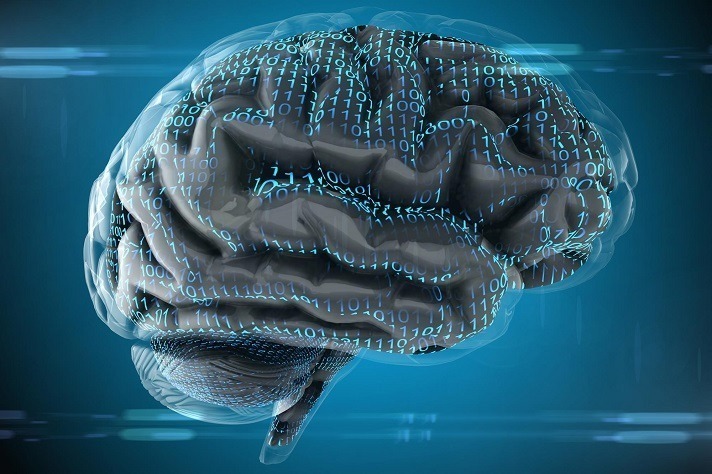Posts Tagged ‘ethics’
Debunking four myths about decision-making capacity to keep Britney Spears and others safe
Britney Spears’ impassioned remarks in court have raised many questions about conservatorships, including when they’re necessary and whether they effectively protect someone’s best interests. When one loses the capacity to make decisions for oneself the court appoints a guardian, or conservator, to make those decisions. Appointing someone to make decisions about personal and financial matters…
Read MoreConsumer Reports finds unclear, questionable privacy practices and policies among popular mental health apps
Mental Health Apps Aren’t All As Private As You May Think (Consumer Reports): Type “mental health” or a condition such as anxiety or depression into an app store search bar, and you can end up scrolling through endless screens of options. As a recent Consumer Reports investigation has found, these apps take widely varied approaches…
Read MoreStudies identify key ethical concerns raised by invasive and non-invasive neurotechnologies
Studies outline key ethical questions surrounding brain-computer interface tech (NCSU release): Brain-computer interface (BCI) technologies are no longer hypothetical, yet there are fundamental aspects of the technology that remain unaddressed by both ethicists and policy-makers. Two new papers address these issues by outlining the outstanding ethical issues, offering guidance for addressing those issues, and offering…
Read MoreDebate: What are the ethics of discouraging much-needed innovation given potential privacy concerns?
Story description (CNN Money): Ned Sahin is founder and CEO of neurotechnology start-up Brain Power, whose tool “Empower Me” uses smart glasses like Google Glass to coach those with autism. It helps schoolchildren learn social and cognitive skills and can even guide adults through an interview process. Brain Power’s product is sold to many schools…
Read MoreChina is harnessing brain-wave trackers and artificial-intelligence to raise better (and more compliant?) students
? A growing number of classrooms in China are equipped with artificial-intelligence cameras and brain-wave trackers. While many parents and teachers see them as tools to improve grades, they’ve become some children’s worst nightmare. Video: Crystal Tai for The Wall Street Journal. __________ To address growing privacy issues such as those highlighted in the video above
Read MoreHow to address privacy, ethical and regulatory issues: Examples in cognitive enhancement, depression and ADHD
? How to address privacy, ethical and regulatory issues: Examples in cognitive enhancement, depression and ADHD from SharpBrains We hope you enjoy this slidedeck supporting a great session at the 2019 SharpBrains Virtual Summit: The Future of Brain Health (March 7–9th). Full recordings are available for purchase here. 1–2.30pm. How to address privacy, ethical and regulatory issues: Examples…
Read More




